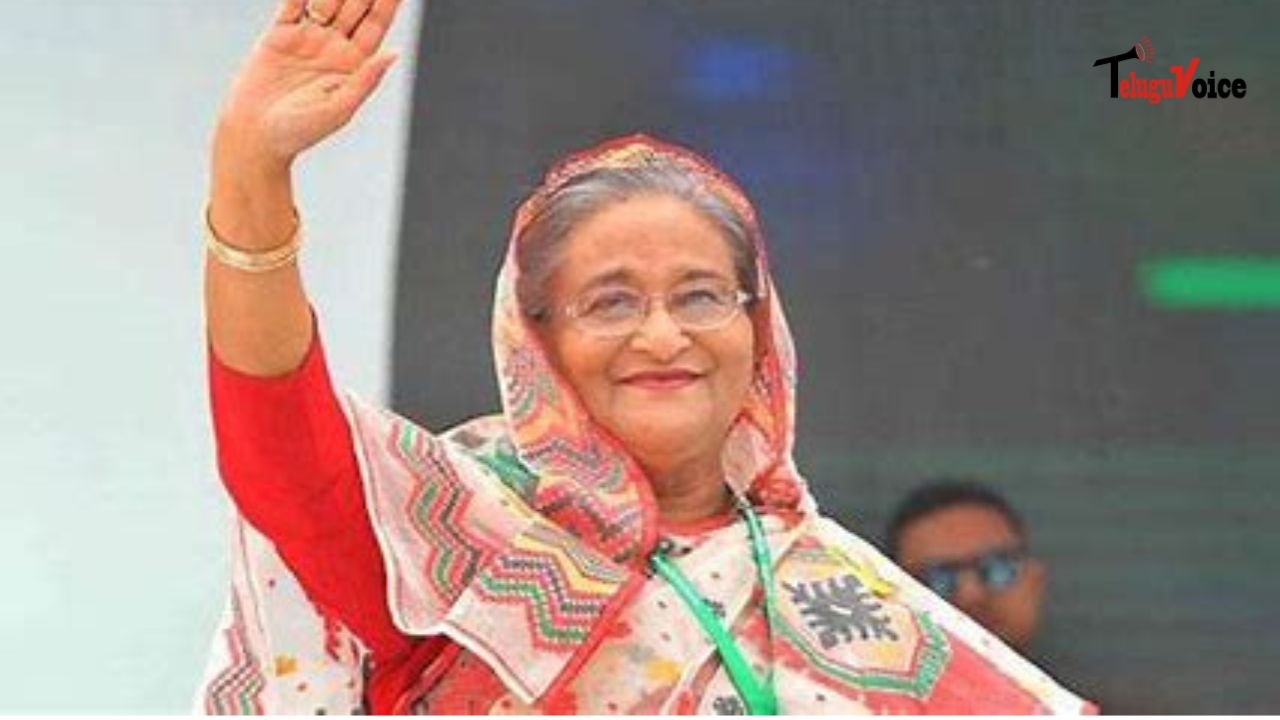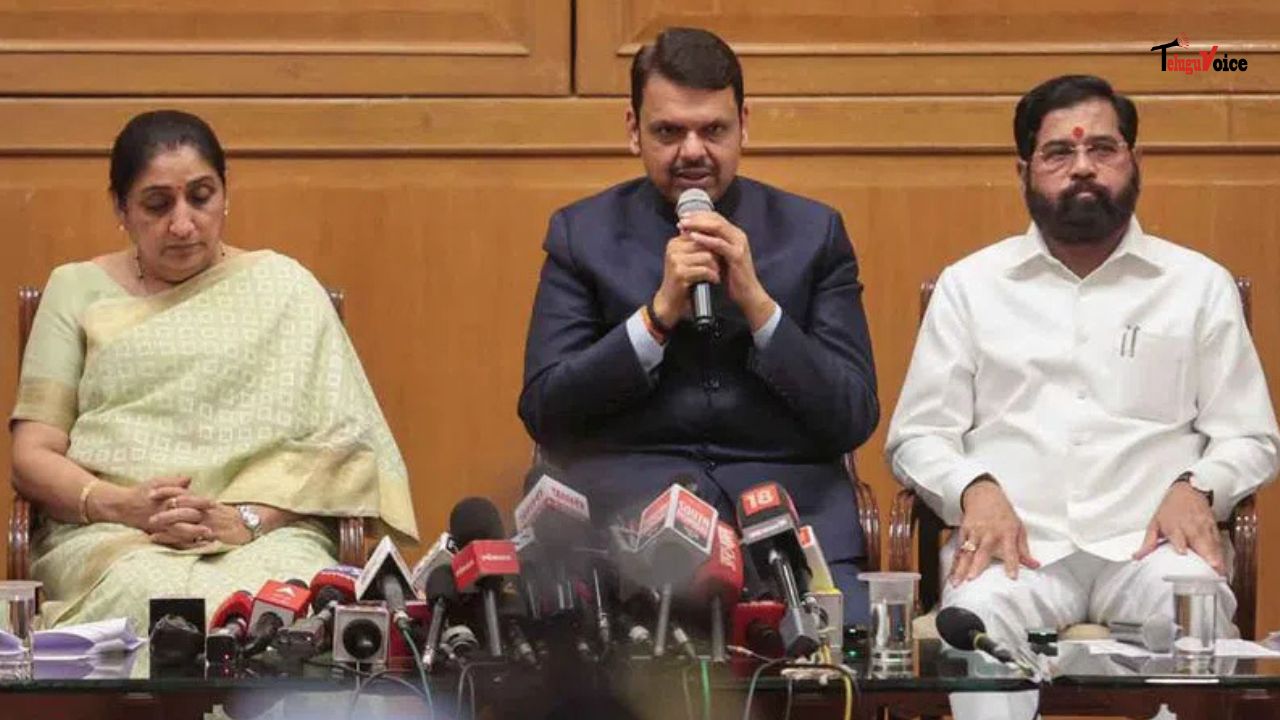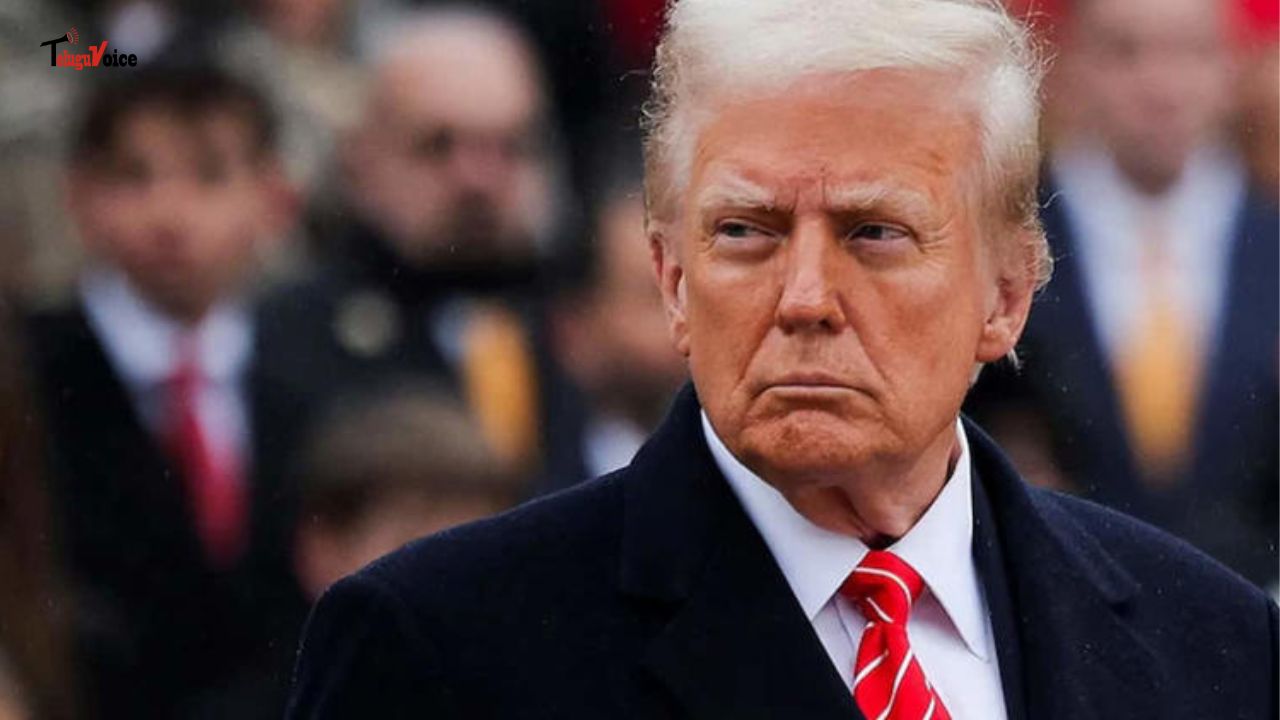Sheikh Hasina Accuses US of Regime Change, Awami League Pledges to Rebuild

Before her resignation and departure from Bangladesh, former Prime Minister Sheikh Hasina had prepared a speech addressing the nation, particularly the protesters whose agitation led to her stepping down. However, she never delivered the speech as protesters reached her Dhaka residence, prompting top security officers to advise her to leave immediately.
Now in India, the 76-year-old Hasina has shared the contents of the undelivered speech with close associates, in which she accused the United States of plotting a regime change in Bangladesh. In her speech, which was accessed by NDTV, she claimed that she resigned to prevent further loss of life, as the protesters aimed to come to power over the dead bodies of students—a scenario she sought to avoid.
She also mentioned that her resignation was to preserve Bangladesh's sovereignty, particularly resisting pressure to cede Saint Martin Island and allow the U.S. to dominate the Bay of Bengal. Hasina pleaded with the people of Bangladesh not to be manipulated by radicals and expressed her belief that stepping aside was the best course of action to prevent further bloodshed.
In her message to party members, Hasina encouraged them not to lose hope, emphasizing that the Awami League has always managed to bounce back. She assured them of her return, stating that while she may have lost power, the people of Bangladesh, for whom her family sacrificed their lives, have ultimately won.
Amid the violent protests, which started as an agitation against reservation and escalated into a larger confrontation with the Hasina government, over 400 protesters lost their lives. Hasina clarified in her undelivered speech that she never referred to the protesting students as "Razakars," a term historically associated with collaborators of the Pakistani military during the 1971 Liberation War, a statement that had intensified the protests.
Relations between Bangladesh and the U.S. had deteriorated during Hasina's tenure, particularly after Washington DC criticized the January elections that brought the Awami League back to power as neither free nor fair. Hasina had previously claimed that conspiracies were being hatched to topple her government and accused a "white man's" plot of trying to create a new Christian country from parts of Bangladesh and Myanmar.
In her absence, an interim government led by Nobel laureate and Grameen Bank founder Muhammad Yunus has taken charge. Yunus has urged the student protesters to ensure their movement is not sabotaged and has called for the protection of minority communities, including Hindus, Christians, and Buddhists, amidst reports of attacks.
In a significant development, Bangladesh's Chief Justice Obaidul Hassan and five other top judges were forced to resign amid the ongoing protests demanding judicial reforms. Other high-ranking officials, including Dhaka University Vice-Chancellor Professor Dr. Maksud Kamal, have also stepped down following the unrest.

 South Africa tour of India 2019
South Africa tour of India 2019










Comments